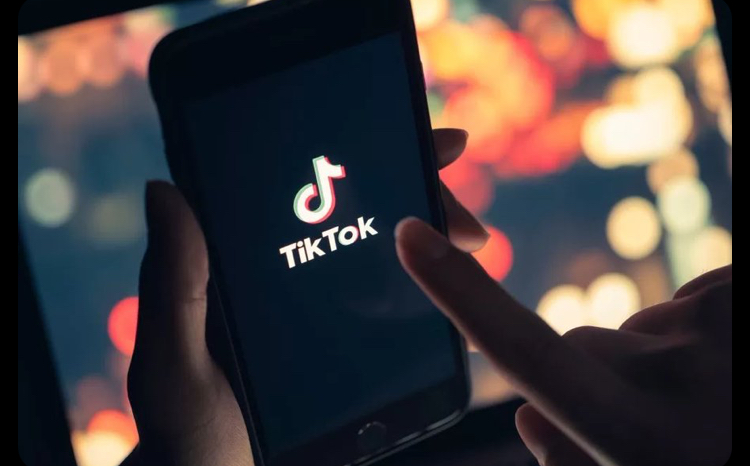Shou Zi Chew, CEO of TikTok, once interned at an up-and-coming tech company known as Facebook, where he worked under Mark Zuckerberg during his MBA summer break. This was a pivotal moment in Chew’s career, which began with an economics degree from University College London, followed by his MBA from Harvard Business School. His journey with tech companies took him from California to various international cities like London, Singapore, and Beijing.
In Beijing, Chew joined Xiaomi in 2015, where he played a significant role in taking the company public as its chief financial officer. His career trajectory shifted dramatically in 2021 when he joined ByteDance, TikTok’s parent company, first as CFO, and later that year, he was appointed as the CEO of TikTok. This transition marked another intersection with Zuckerberg, this time as competitors in the social media space.
TikTok, under Chew’s leadership, has grown to boast more than 150 million monthly active users in the U.S. alone, with a global user base exceeding 1 billion. This success has positioned TikTok as a formidable rival to Meta’s platforms, despite Zuckerberg’s earlier attempts to acquire what would become a crucial part of TikTok. In 2016, Zuckerberg tried to buy Musical.ly, a lip-syncing app popular among Americans, but ByteDance outbid him, purchasing it for $800 million in 2017. The subsequent merger of Musical.ly with TikTok solidified the app’s market presence.
Meta’s response to TikTok’s rise included launching Lasso in 2018, an app meant to compete directly with TikTok’s short-video format. However, Lasso failed to gain traction and was discontinued in 2020.
The dynamics between TikTok and Meta have been further complicated by political and security concerns. With increasing scrutiny on TikTok’s data handling practices, Zuckerberg has voiced concerns about the app’s implications for global free expression and national security. He has highlighted the potential risks of an app controlled by a foreign government with different data privacy standards.
In 2020, Zuckerberg expressed a nuanced view on potential bans of TikTok, suggesting that while there were valid security concerns, banning the app could lead to problematic precedents for internet freedom. His comments reflected a broader debate about technology, privacy, and international relations.
On the other side, Chew has been on the defensive, particularly during U.S. congressional hearings where he addressed accusations of TikTok being a national security threat. Notably, in a 2023 hearing before the House Energy and Commerce Committee, Chew critiqued Meta’s data privacy track record with references to the Cambridge Analytica scandal, arguing that TikTok’s data practices were not uniquely worse than those of its American counterparts.
The dialogue around TikTok’s operations, especially in relation to data privacy and security, continues to evolve. This narrative is not just about technological competition but also about broader issues of data sovereignty, privacy, and the geopolitical implications of technology companies’ global operations. As both companies navigate these waters, the personal histories of their leaders, like Chew’s journey from an intern at one company to the CEO of a rival, add a layer of intrigue to the unfolding saga of social media in the 21st century.

